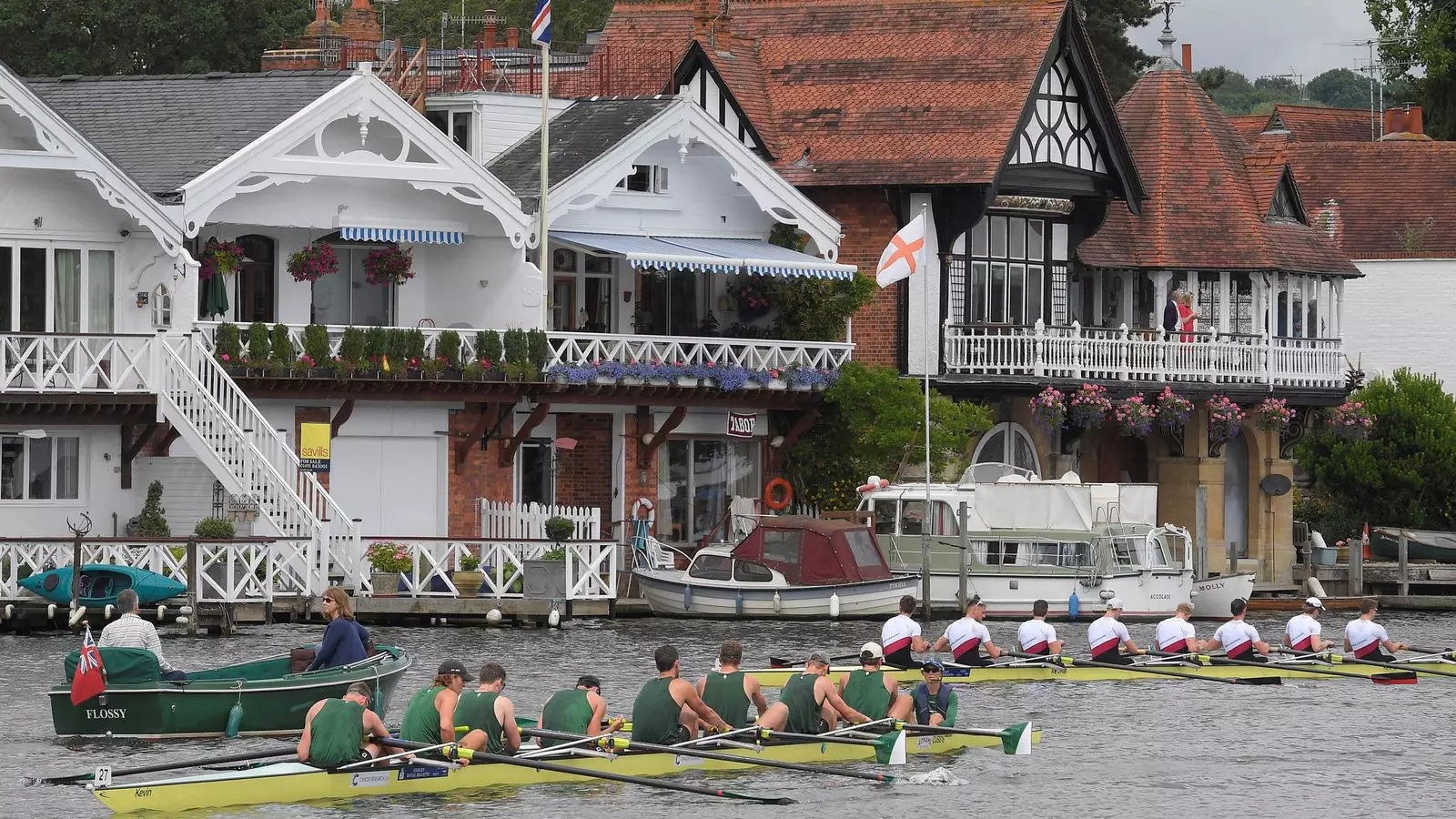The Henley Royal Regatta is a prestigious event that attracts thousands of rowers each year. However, recent tests conducted by the Henley and Marlow River Action Group have raised serious concerns about the water quality in the River Thames. The group found an “alarmingly high” level of E.coli bacteria in the water, with readings exceeding the safe limit set by the Environment Agency. This poses a significant health risk to participants and spectators alike.
The testing revealed an average of 1,213 E.coli colony forming units (CFUs) per 100ml of water, well above the acceptable limit of 900 CFUs per 100ml. The highest recorded reading of 25,000 CFU on 19 June was particularly concerning, as it was more than 27 times the safety threshold. The section of the river where this contamination was found is commonly used for swimming, making it unsafe for recreational activities.
Responses from Authorities
Thames Water, the company responsible for sewage along the Henley stretch of the Thames, disputed the findings, claiming that their own monitoring showed E.coli levels to be within acceptable limits. They attributed the spikes in contamination to various sources such as farming, industry, road runoff, and wildlife. Thames Water accused the River Action Group of being alarmist and attempting to assign blame without sufficient evidence.
The high levels of E.coli in the water pose a direct threat to the health of participants in the Henley Royal Regatta. E.coli, which is commonly found in faeces, can cause a range of infections including urinary tract infection, cystitis, intestinal infection, stomach cramps, bloody diarrhoea, and vomiting. In severe cases, it can lead to life-threatening sepsis that requires immediate medical attention. The regatta organisers have advised participants to take precautions such as covering cuts and grazes, avoiding swallowing river water, wearing appropriate footwear, and cleaning equipment thoroughly to minimize the risk of infection.
The issue of water pollution has gained political attention, with promises from various parties to address the problem. The Liberal Democrats have pledged to protect chalk streams and bathing areas from sewage dumping, while Labour has vowed to hold water company bosses accountable for cleaning up pollution. The Conservatives have introduced legal requirements for water companies to reduce discharges and increase investment in improving water quality.
The high levels of E.coli in the River Thames pose a significant health risk to participants in the Henley Royal Regatta. The conflicting reports from the River Action Group and Thames Water highlight the need for further investigation and action to ensure the safety of the waterway. It is essential for authorities to address the sources of contamination and implement measures to protect the health of both rowers and spectators at future events.



Leave a Reply